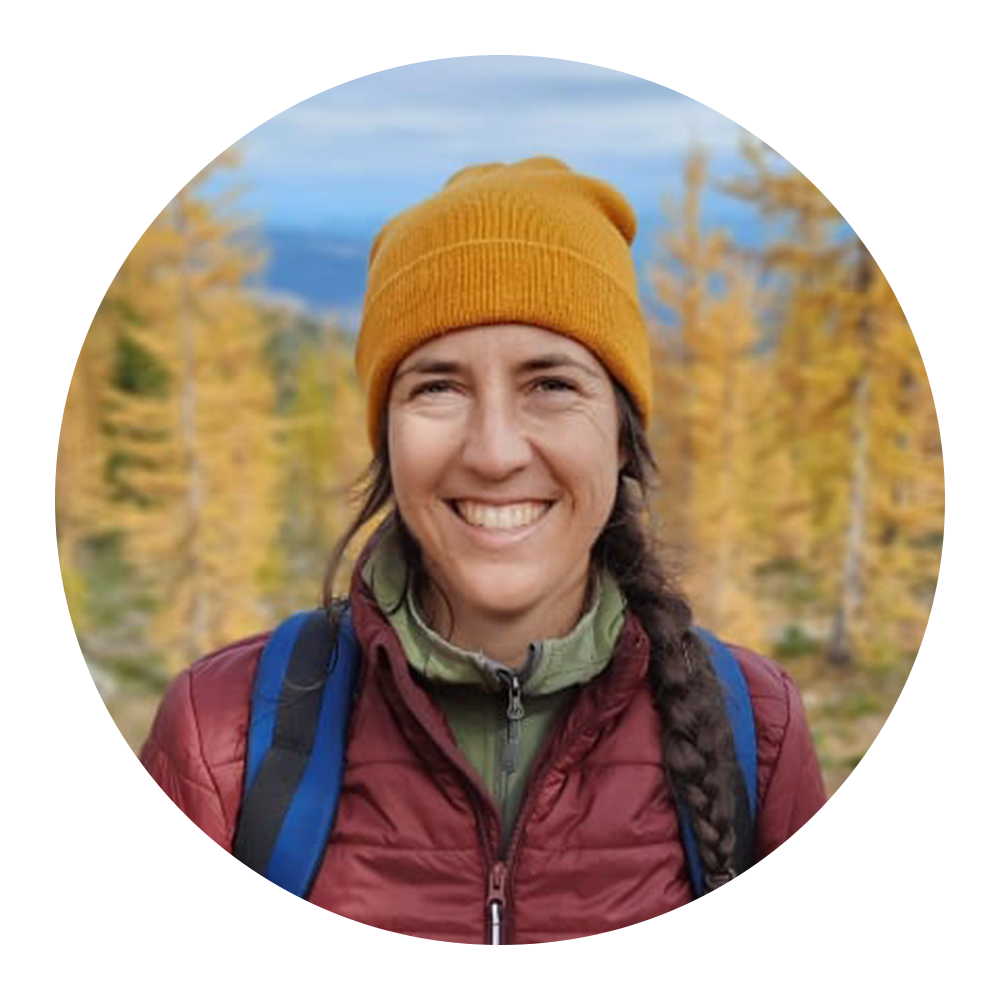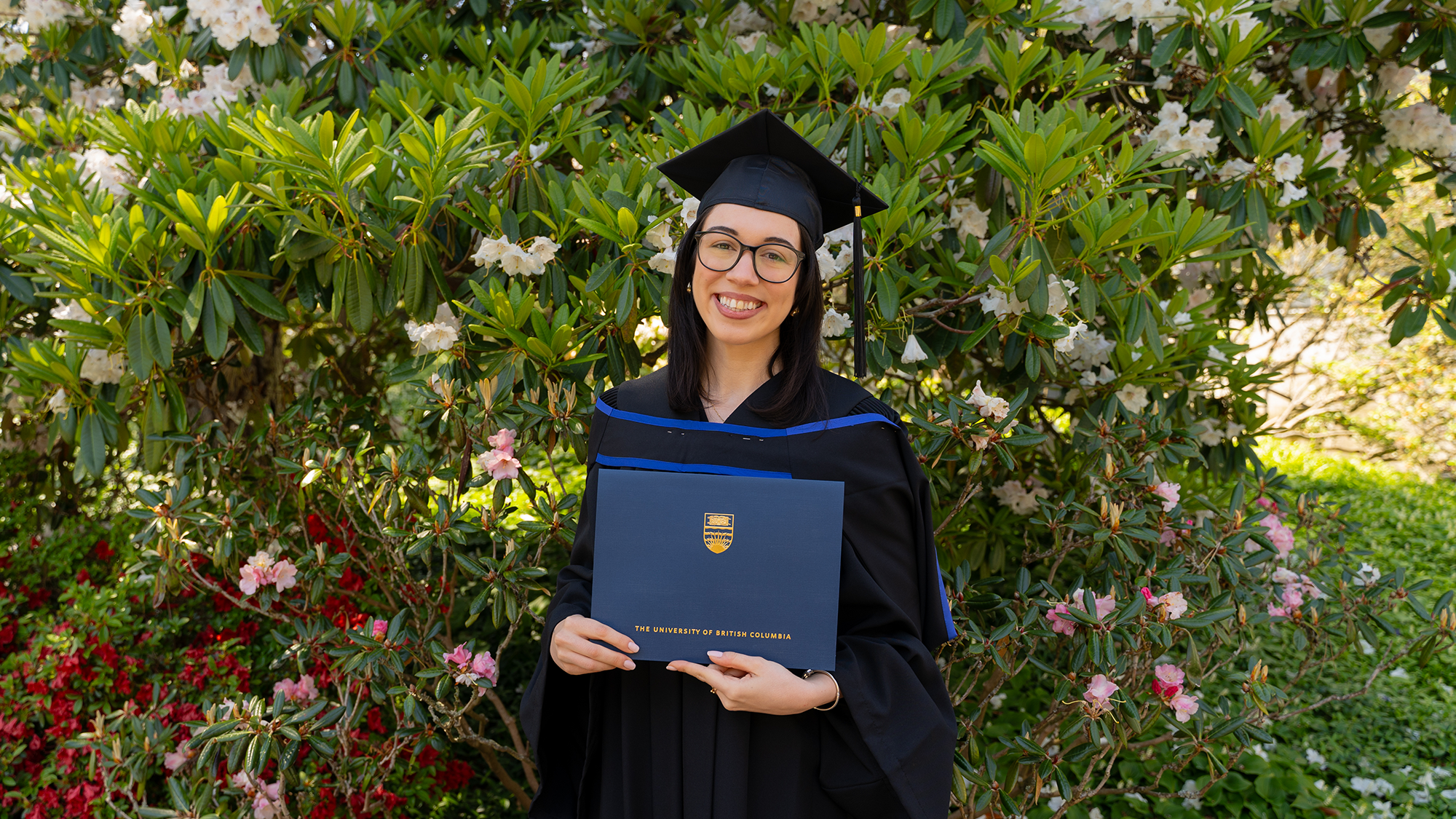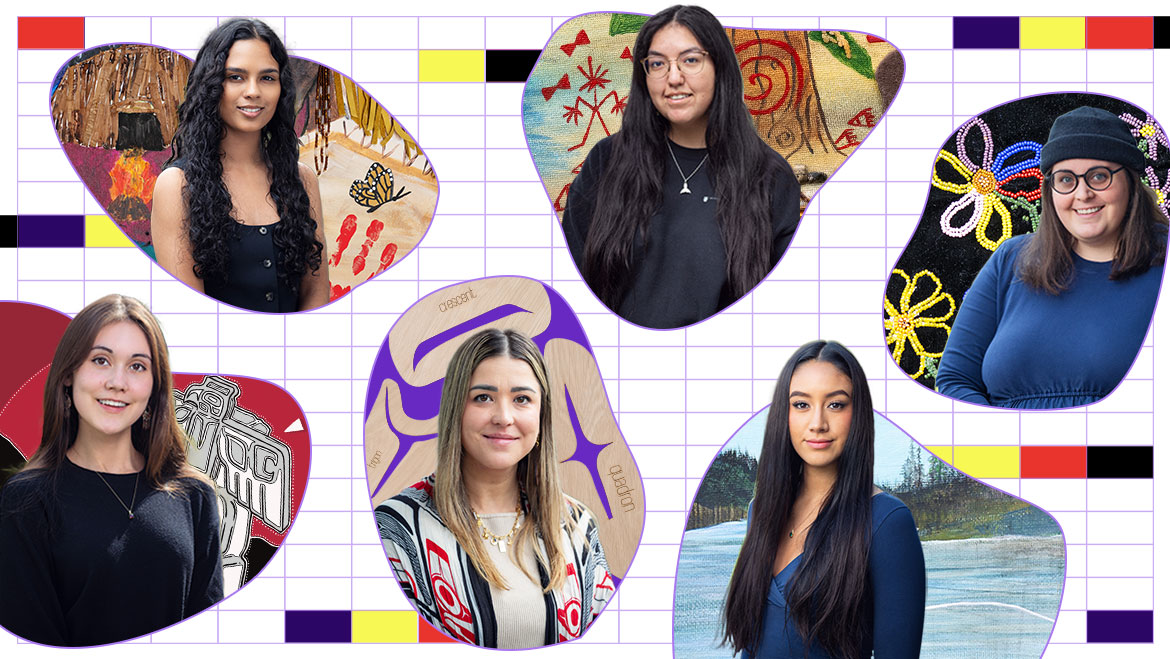

By Marie-Eve Bouchard (she/her), Assistant Professor in the Department of French, Hispanic and Italian Studies
When you think of social injustice, you most likely think of discrimination based on race, ethnicity, gender, social class, religion or sexual orientation. But language discrimination is also a form of social injustice, and many people are discriminated against based on the language they speak or how they speak it. It can lead to disadvantages and inequalities in education, employment, health and housing.
Although linguists agree that all language varieties are equally valuable, there are often languages that are not given enough recognition and respect in everyday life. Some language varieties are perceived as more prestigious while others are socially stigmatized. The values attributed to language varieties may vary according to context. For instance, a language that is socially stigmatized in one place might be perceived as prestigious elsewhere.
Linguistic discrimination can be manifested in many ways: When we dismiss the language of a whole group of people (e.g. forbidding a minority language group to speak their language at school), when there is a mismatch between the language variety of the institution and the people it is supposed to serve (e.g. children who speak a non-standardized variety at home are disadvantaged in school compared to children who speak the same standardized variety at home and at school), when we favour a native speaker over a non-native speaker (e.g. for a job position), or when speakers of an urban variety laugh at and mimic speakers of a rural variety. In other words, linguistic discrimination happens any time a person is treated differently because of their language or language skills. It can be very subtle or even hard to notice; hence why it can be challenging to fight this injustice.
Linguistic discrimination exists because we do not all speak the same language, and we do not all speak the same way. When you study language and linguistics, you become aware of the value of linguistic diversity. You learn that variation is inherent to language, that speakers use language to show different parts of their identities, and that the attitudes we hold toward a language or an accent are not real but rather socially constructed and learned. You also learn how we all create social hierarchies based on language use, and how these hierarchies lead to a range of social injustices.
Examples of this hierarchization of languages and speakers that we are most probably all (unconsciously) guilty of include considering a native speaker to sound “smarter” than a non-native speaker, judging someone based on how they say something (do they sound cool? Or uneducated?) rather than on what they actually say, or looking down on someone who cannot spell “correctly.”
The study of language is essential to understand how we participate in the creation and perpetuation of existing social hierarchies. Becoming aware of these hierarchies and how they are maintained plays an essential role in preparing us to deconstruct them and to work toward a more just society.
We need to be aware of the words we use, how we use them, how they may impact the people around us, and how they reinforce stereotypes and biases that create obstacles for others to overcome. We must also recognize and value all languages, varieties and accents. Otherwise, speakers of non-standardized languages will always be perceived as performing and achieving “less” than the speakers of standardized languages, and less opportunities will be presented to them.
Being aware of the role language plays in the production, maintenance and reinforcement of unjust social structures is one important step towards creating a world where speakers of all varieties and accents can feel recognized and empowered.
Language is a powerful social force that does more than merely communicate content. When you study languages and linguistics, you learn that linguistic equity leads to social equity.


Marie-Eve Bouchard is an Assistant Professor in the Department of French, Hispanic and Italian Studies. She is an anthropologically oriented sociolinguist. Her research interests include language contact, language attitudes and ideologies, language variation, and identity. Marie-Eve lives and works on the traditional, ancestral, and unceded territories of the xwməθkwəy̓əm (Musqueam), Stó:lō and Səl̓ílwətaʔ/Selilwitulh (Tsleil- Waututh) Nations.


